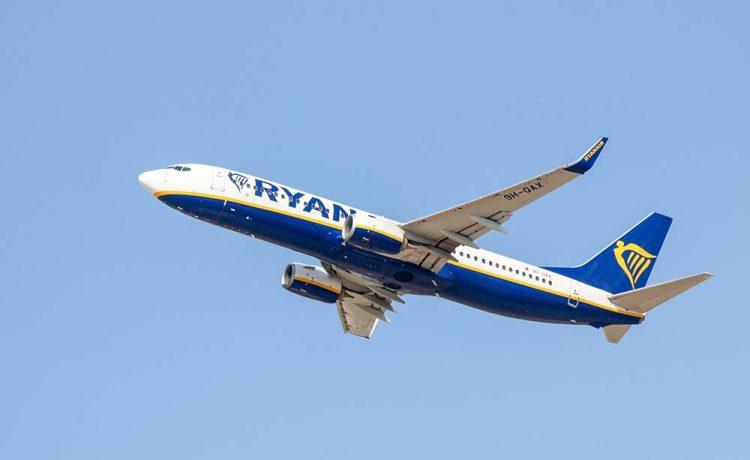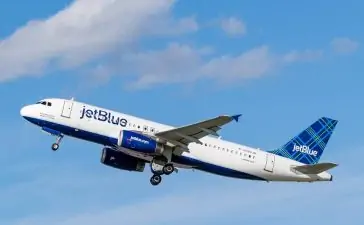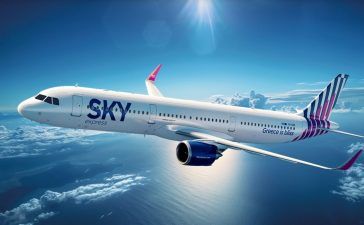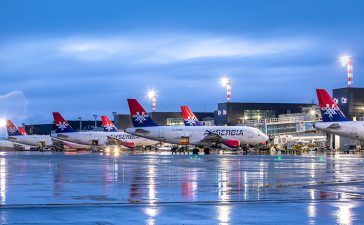Ryanair, filled with optimism, aspires to transport the highest number of passengers globally annually by 2034, aided by their substantial order of numerous aircraft. The CEO exudes a sense of quiet assurance in this endeavor.
Earlier this month, Ryanair placed a significant order with Boeing for a fleet of approximately 300 new short-haul aircraft, amounting to a value of around $40 bln. However, certain experts are raising doubts regarding the willingness of Europeans to fly, considering mounting environmental concerns and escalating taxes.
Michael O’Leary, the CEO of Ryanair, expressed his disagreement with the notion that Europe has reached its maximum potential for growth. In an interview with the Financial Times, he stated, “I believe the assertion that Europe has no more room for growth is erroneous.”
He mentioned, “Unless we make foolish decisions, which is a constant struggle in this industry, we will consistently outperform all other airlines in Europe.”
From the previous year until March 2023, Ryanair achieved a notable milestone by transporting 170 million passengers, reflecting a 13 percent rise compared to pre-pandemic figures. This surge has solidified the position of the Irish low-cost carrier as a dominant force in the market. In contrast, its competitor Wizz Air transported approximately 44 million passengers throughout the entirety of 2022.
In line with the approach adopted by many low-cost airlines, Ryanair follows a strategy of operating a fleet consisting of a single aircraft type in order to optimize operational expenses. At present, the airline possesses a combined fleet of 544 aircraft spread across its five subsidiaries. This fleet includes 410 Boeing 737-800s, 104 Boeing 737 MAXs, and one Boeing 737-700 jet. On average, the age of Ryanair’s fleet is 9.4 years.
Ryanair is undeniably making a bold move in the airline industry, setting the stage for potential significant expansion in the European airline sector. This could lead to exciting new developments and increased competition among airlines.
It is my hope that such progress in the airline industry will contribute to the growth of the tourism sector, ultimately benefiting passengers as they stand to gain the most from these advancements.








